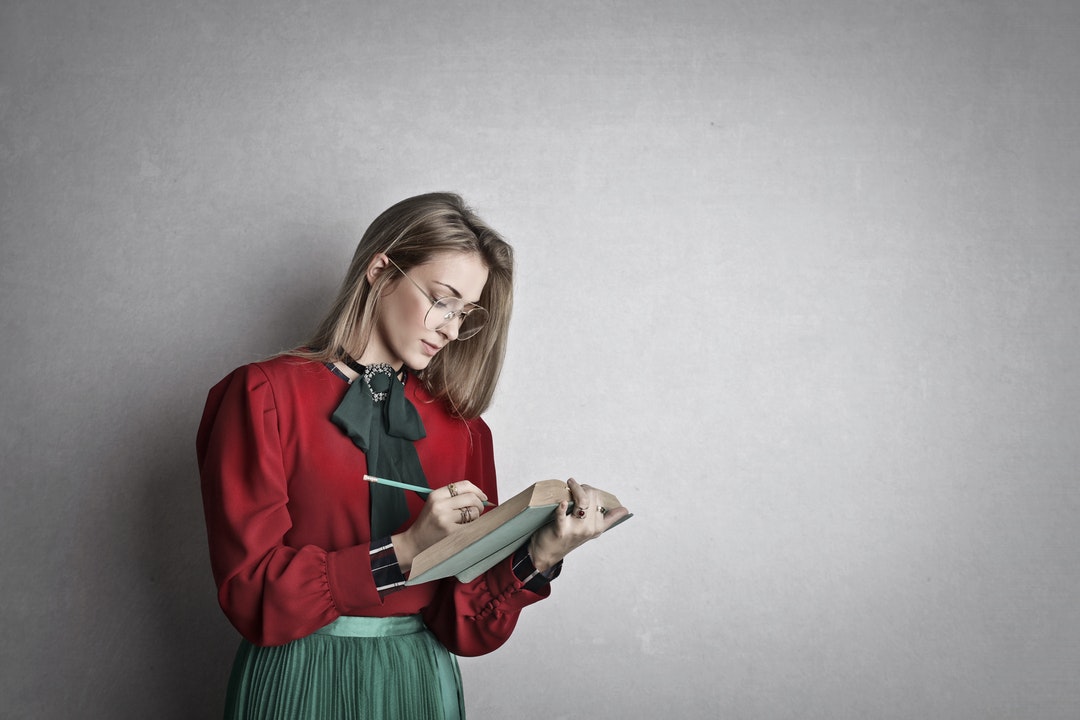Calibration is a critical process in various fields and industries. Here are a few main justifications for the significance of calibrating. We commonly refer to the process of modifying or standardizing a measuring device to assure its accuracy as calibration. But if you’re talking about how clothes fit and size, then accuracy in measurements and sizing guides are essential for a cozy and attractive fit.
Importance of Calibration Instrument
The calibration of instruments is important for several reasons, and it plays a crucial role in various industries and applications. Here are some key reasons why calibration of instruments is essential. Regular calibration of our laboratory instruments is a critical practice. It is a fundamental aspect of quality assurance and reliability in measurement and testing processes.
Calibration Glassware Equipmen
For a number of reasons, glassware calibration is essential in lab environments and scientific research. In laboratory settings, keeping precise and trustworthy measurements requires regular glassware calibration. We make accurate liquid volume measurements with glassware like burettes, pipettes, and volumetric flasks. Calibration ensures that these instruments provide accurate and reliable measurements. Inaccuracies in volume measurements can significantly impact the results of experiments and analyses.
pH meter Equipment Calibration
Before using pH meters in workplace and lab settings where accurate pH readings are important, we need to adjust them. Through the careful calibration of our pH meter, we ensure the accuracy of our pH measurements. Taking this critical step to ensure the accuracy of our pH measurements is what allows us to obtain reliable results.
Medical instruments Calibration
The process of calibrating medical instruments in healthcare settings is not just a routine task, but a vital one. This precision is what safeguards our patients. With calibrated diagnostic and monitoring equipment, we can trust the readings they provide.
Pharmaceutical Instrument Calibration
pharmacies, precise measurements are critical, especially when dispensing medications. Calibration is the process of verifying that measuring instruments such as syringes, graduated cylinders, and balances are accurate and reliable. It is essential for avoiding dosage errors and ensuring the quality of pharmaceutical products. Calibration also helps pharmacies comply with regulatory standards and protect patient safety. It is an integral part of maintaining the high standards of pharmaceutical practice.
Calibration Spectrophotometer
Spectrophotometer calibration is essential for reliable and accurate measurements of transmittance or absorbance in various scientific and analytical domains, such as chemistry, biology, environmental science, and materials analysis. Without regular and systematic calibration, the measurements may be compromised and lead to erroneous results.
Temperature Instrument Calibration
Ensure that the instrument readings are consistent and stable over time at each calibration temperature. Check the sensitivity or responsiveness of the temperature instrument. Use standard temperature changes to confirm that the instrument responds proportionally to temperature variations. Measure temperatures at different points within the range and ensure that the instrument’s readings exhibit a linear relationship with the actual temperatures. Confirm that repeated measurements at the same temperature yield consistent results.
Electrical Instrument Calibration
To ensure their precision, we need to calibrate electrical instruments, such as multimeters, oscilloscopes, power meters, and other measuring devices, regularly. Calibration involves comparing the readings of the instrument to known standards and making adjustments if necessary. Here are the key steps and considerations for electrical instrument calibration. It is an integral part of quality assurance and compliance in various industries.
Dimension Laboratory Instrument Calibration
Calibrating instruments that are used in scientific, industrial, or other precision applications is a necessary task because these fields require accurate measurements. We perform this task to ensure that the instruments are functioning properly and producing reliable results. Calibration ensures that the instruments perform according to their specifications and provide reliable results. When it comes to dimension instruments, such as calipers, micrometers, or coordinate measuring machines. Calibration becomes crucial to maintain their accuracy and traceability to international standards. Calibration is an ongoing process, and maintaining accurate and reliable measurement instruments is crucial for quality control, compliance with standards, and ensuring the consistency of measurement results over time.
Mass Instrument Calibration
Calibration of mass measurement instruments is crucial to ensure the accuracy and reliability of measurements in various industries, including manufacturing, laboratory work, and quality control. Mass instruments include scales, balances, and other weighing devices. One should note that mass calibration requires precision, and trained personnel or external calibration services with expertise in mass metrology often perform the calibration process to ensure its accuracy and reliability.
Calibration Analytical Balance
Analytical balances are designed to provide highly accurate and precise measurements. Calibration ensures that the balance is functioning correctly and that the measurements it provides are accurate to the specified level of precision. Analytical balances are often used in quality control processes where the accuracy of measurements directly impacts product quality. Regular calibration is essential to maintain the quality and reliability of analytical results.
Flowmeter Calibration
Numerous industries, including chemical processing, water treatment, oil and gas, and more, use flowmeters. The instrument’s accuracy, traceability to standards, and compliance with industry regulations are all confirmed by calibration. To ensure the accuracy and reliability of the calibration process, experienced personnel or external calibration services with expertise in flow measurement should be involved.
Pressure Gauge Calibration
Numerous industries, including petrochemical, manufacturing, healthcare, and more, use pressure gauges. To ensure that the pressure measurements the gauge provides are correct and adhere to the relevant standards, calibration is required. Furthermore, quality control and legal compliance depend on adhering to pertinent industry norms and laws. It is a fundamental practice in laboratories where precise weighing is critical to the success of experiments, research, and various analytical processes.
Agriculture Instrument Calibration
Calibration of agricultural instruments is essential to ensure accurate and reliable measurements, contributing to precision farming practices, efficient resource utilization, and improved crop management. Various instruments used in agriculture require calibration to maintain their accuracy. Calibration along with proper maintenance, contributes to the longevity and reliability of agricultural instruments, ultimately supporting sustainable and efficient farming practices.
Moisture Meter Calibration
Moisture meters are essential tools in agriculture and various industries for measuring the moisture content of materials like soil, grains, wood, or other substances. Calibration of moisture meters is crucial to ensure accurate and reliable readings, as moisture content directly impacts the quality and characteristics of the materials being measured.
Thermo Hygrometer Calibration
To get exact readings of temperature and humidity, you must calibrate a thermohygrometer. When a device is being calibrated, its results are compared to a known reference standard, and changes are made as needed.
Temperature Measurement:
RTDs are temperature sensors that utilize the predictable change in electrical resistance of metals with temperature. Platinum is commonly used due to its stable and repeatable characteristics. The resistance of an RTD increases with temperature in a linear manner.
Humidity Measurement:
The hygrometer part of the device checks the air’s relative humidity (RH). The amount of wetness in the air compared to the most it could hold at a certain temperature is called relative humidity. A number is often used to show it.
Data Logging and Memory:
Advanced thermo-hygrometers may have the capability to log data over time. This can be useful for tracking trends in temperature and humidity. Some devices may also have memory functions to store previous readings.
Conclusion
In many fields, calibration is an important step that makes sure measuring tools are accurate and reliable. Calibration is an important part of keeping things precise, meeting quality standards, making sure people are safe, and following the rules in industries like manufacturing, healthcare, drugs, and lab research. For precise readings, quality control, standard compliance, and the general dependability of measurement results, it is important to calibrate instruments on a regular basis. Whether in scientific research, healthcare diagnostics, pharmaceutical dispensing, or agricultural practices, calibration contributes to the integrity and success of various processes.


